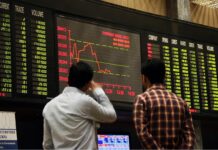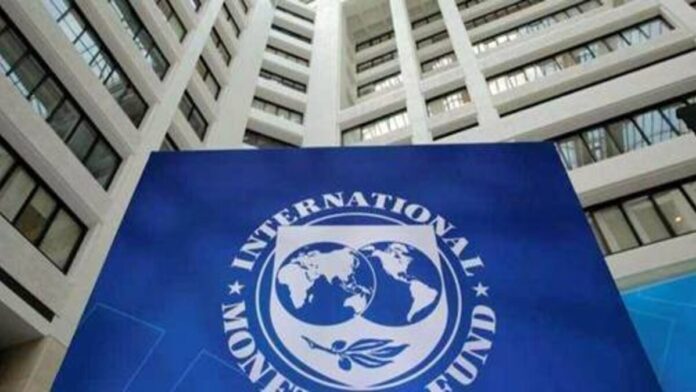Argentina is close to finalizing a $20 billion agreement with the International Monetary Fund (IMF), a move that promises to bolster the country’s depleted foreign currency reserves and support President Javier Milei’s efforts to dismantle long-standing capital controls.
President Milei, who took office in December 2023 with a pledge to overhaul the economy through sweeping austerity measures, aims to use the IMF-backed funds to double Argentina’s gross reserves to $50 billion. This “mountain of dollars,” as he described it, would provide the liquidity needed to lift foreign exchange restrictions that have been in place since 2019.
Milei has targeted January 1 for the complete removal of currency controls, though he signaled it could happen sooner if IMF disbursements are accelerated.
The IMF’s endorsement would also lower Argentina’s country risk premium, potentially restoring its access to global financial markets and reducing borrowing costs. Claudio Loser, a former IMF official, said that securing IMF support would act as a “certificate of good conduct,” boosting investor confidence and helping curb inflation, which peaked near 300% last year.
Despite some early signs of stabilization—including slowing inflation and a narrowing fiscal deficit—the Argentine economy remains fragile. Net reserves remain negative, poverty rates hover above 50%, and the country is still grappling with the aftermath of a severe recession.
Former Economy Minister Martin Guzman warned that while refinancing existing IMF debt would be beneficial, a new deal risks increasing Argentina’s debt burden if the funds are used merely to defend the peso. He also cautioned that lifting currency controls too quickly could trigger the outflow of an estimated $9 billion trapped within the country, putting renewed pressure on the exchange rate and inflation.
However, other economists argue that the agreement would provide much-needed clarity about Argentina’s long-term currency policy. Pablo Guidotti, former deputy economy minister during the Carlos Menem administration, noted that the deal would ease Argentina’s debt burden over the next four years and “pave the way for the elimination of exchange controls.”
Ultimately, he said, it would allow Argentina to regain access to international capital markets, offering a critical boost to the economy.
The IMF deal, which would be Argentina’s 23rd program with the Fund, still requires board approval but is widely seen as a key step in Milei’s broader strategy to revive the grains-to-lithium-producing nation.
























